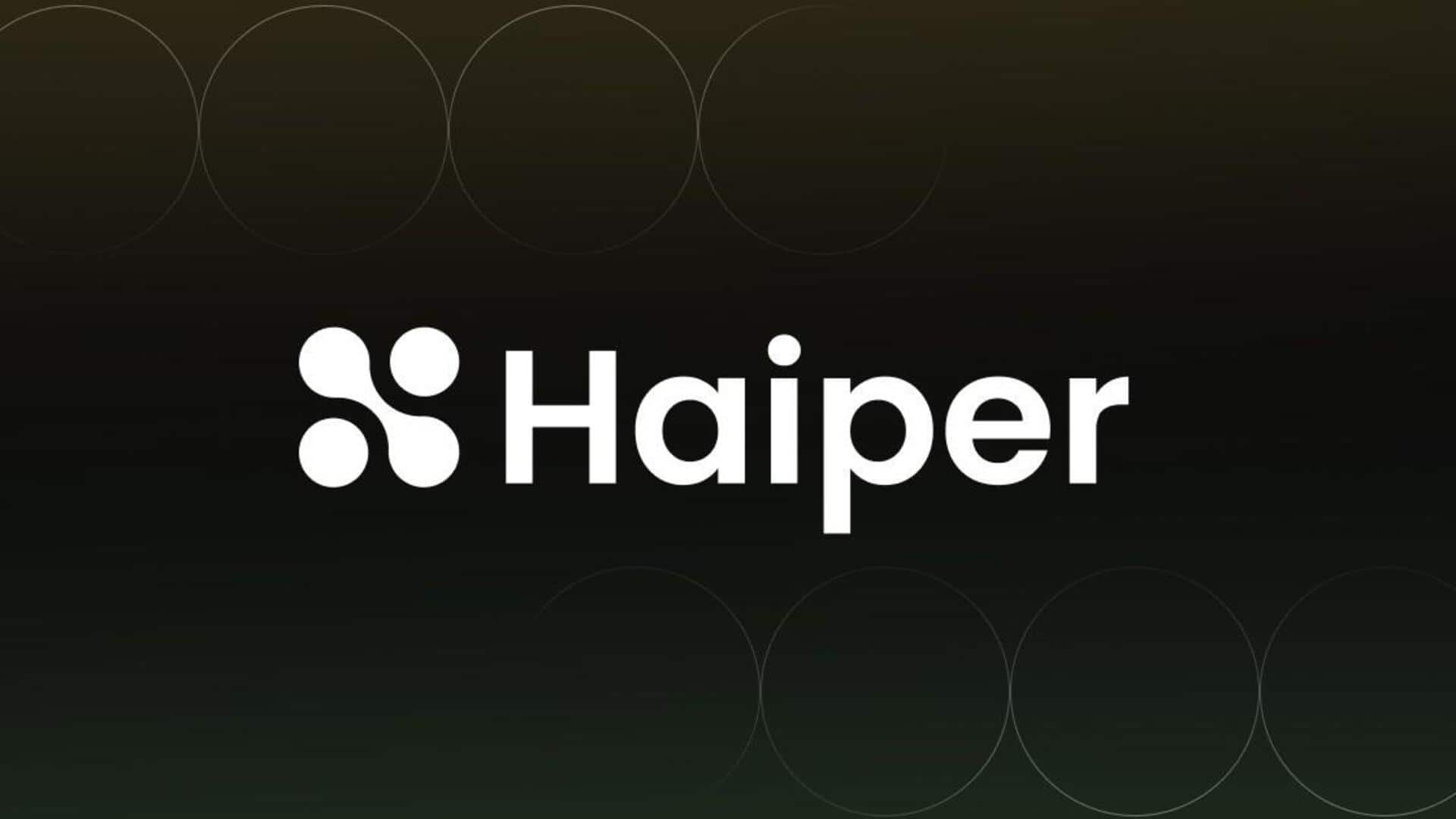
Google DeepMind alums launch AI video generation tool called Haiper
What's the story
Yishu Miao and Ziyu Wang, both former members of Google's DeepMind team, have introduced Haiper, a cutting-edge AI-powered video generation tool. This comes as competition heats up in the market, especially after OpenAI launched its Sora model just last month. Miao, who previously worked with TikTok's Global Trust & Safety team, and Wang, a research scientist for Deepmind and Google, started developing Haiper in 2021 and officially established the company in 2022.
Usage
Haiper's video generation service and future plans
By visiting Haiper's website, users can generate videos for free using text prompts, although there are restrictions on video length and quality. The platform offers features like animating images and repainting videos in various styles. While Haiper is concentrating on its consumer-facing website, the company plans to create a core video generation model for others to utilize. Miao mentioned that they have reached out to developers to test their closed API and are considering making their models open-source in future.
Finance
Haiper has raised $13.8 million
Haiper managed to raise an impressive $13.8 million in a seed round that was led by Octopus Ventures, with 5Y Capital also participating. Before this funding round, angel investors like Geoffrey Hinton and Nando de Freitas contributed $5.4 million in a pre-seed round back in April 2022. Initially, Haiper focused on 3D reconstruction via neural networks but switched gears to video generation about six months ago, as Miao found it to be a more captivating challenge.
Rivals
Competition and challenges in AI video generation
Haiper's main rival at the moment is OpenAI's Sora, but other companies like Google, NVIDIA-backed Runway, Meta, and Stability AI are also developing their own video generation models. A partner at Octopus Ventures, Rebecca Hunt, thinks that Haiper needs to create a robust video generation model within the next three years to stand out in the market. She also believes that once AI-generated videos can overcome the uncanny valley phenomenon, the possibilities for their applications will be endless.